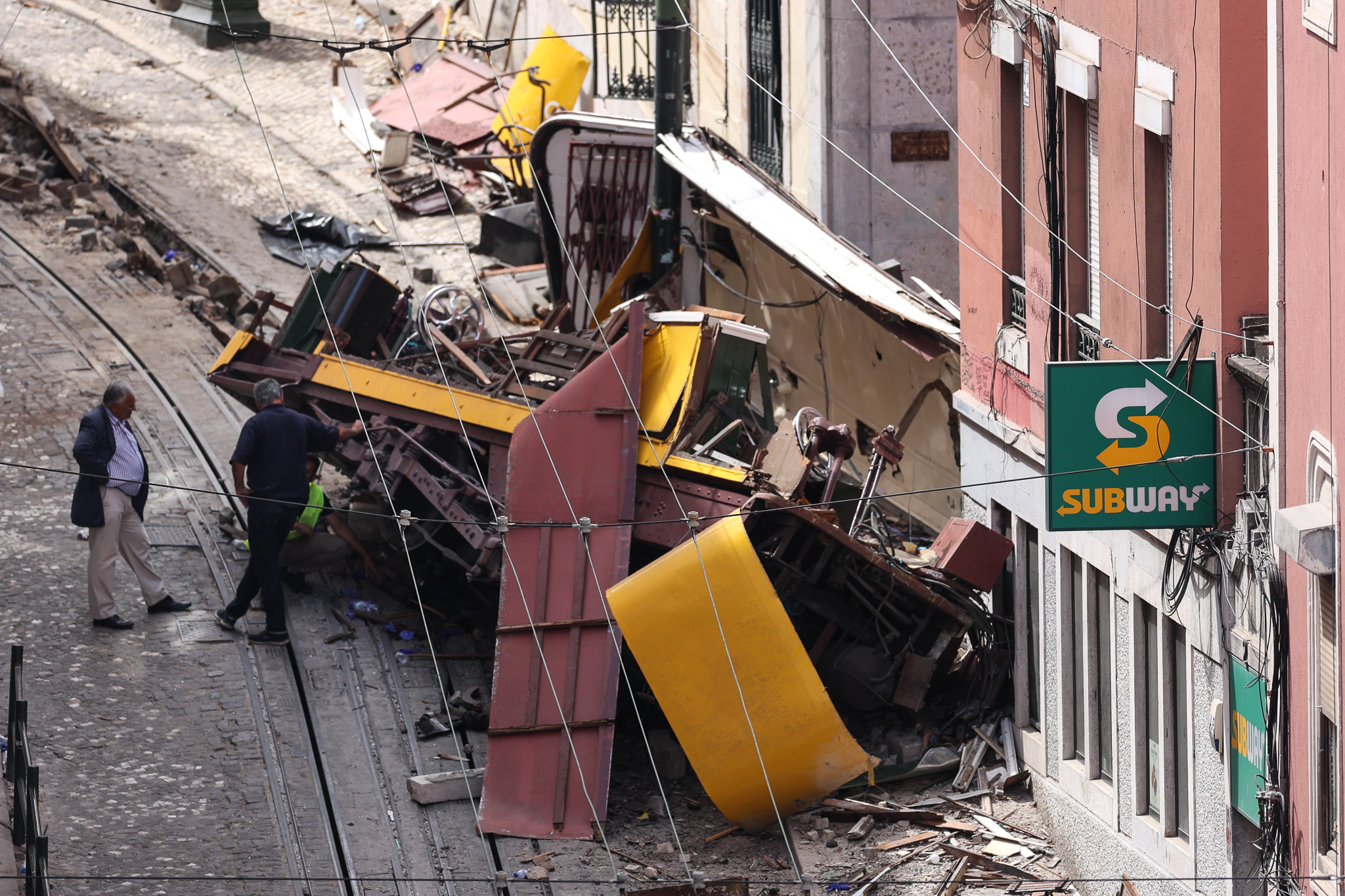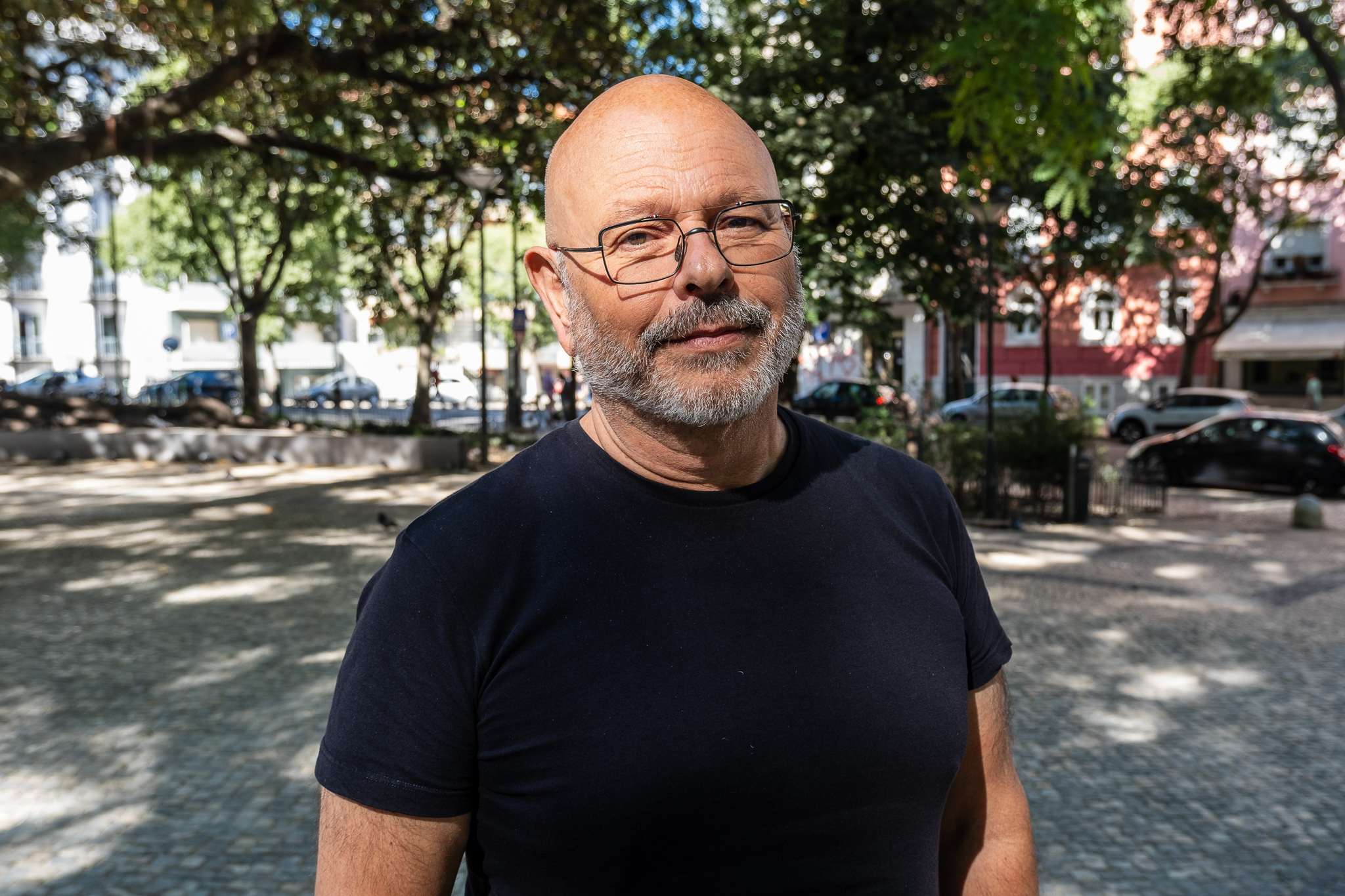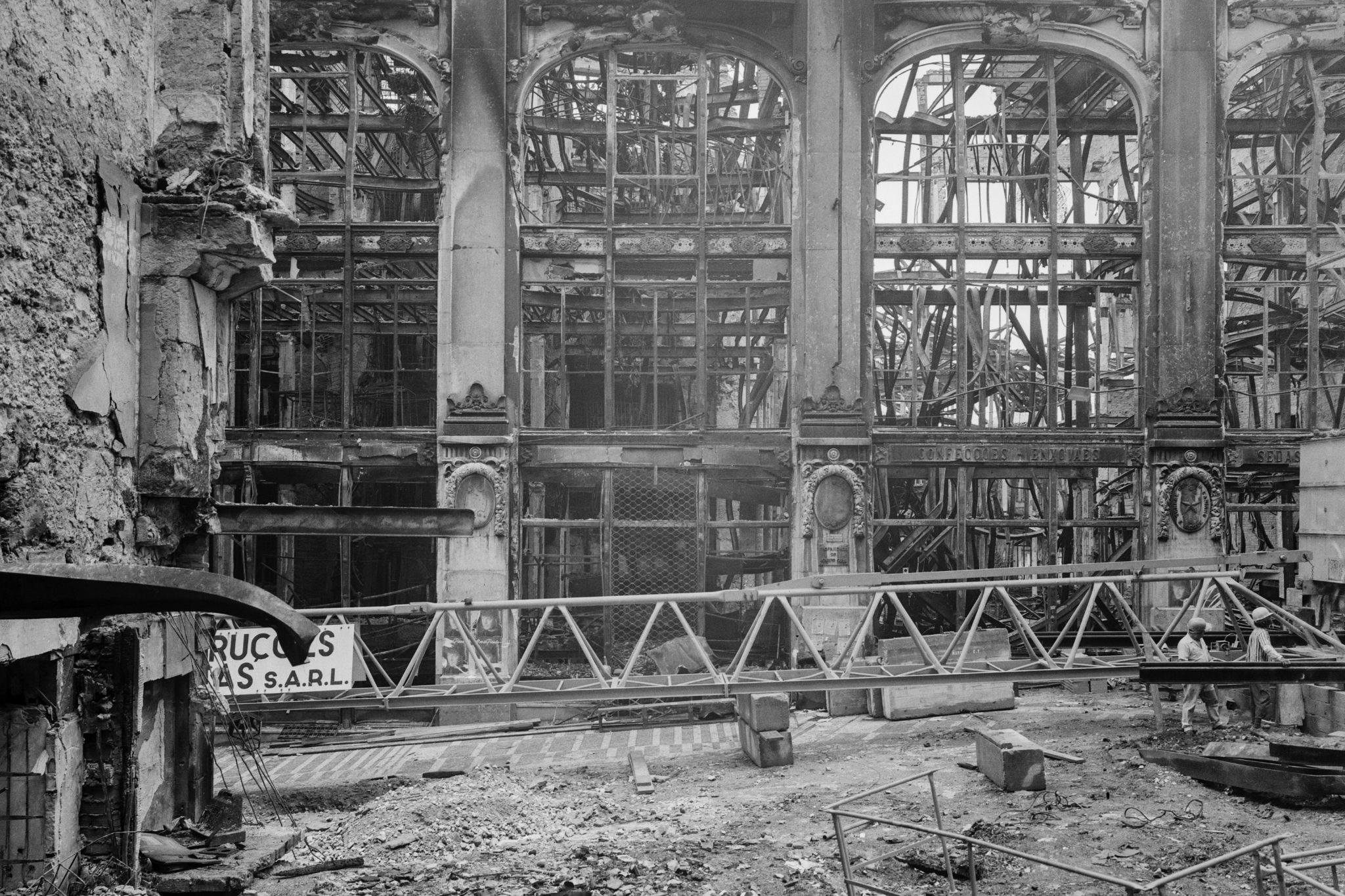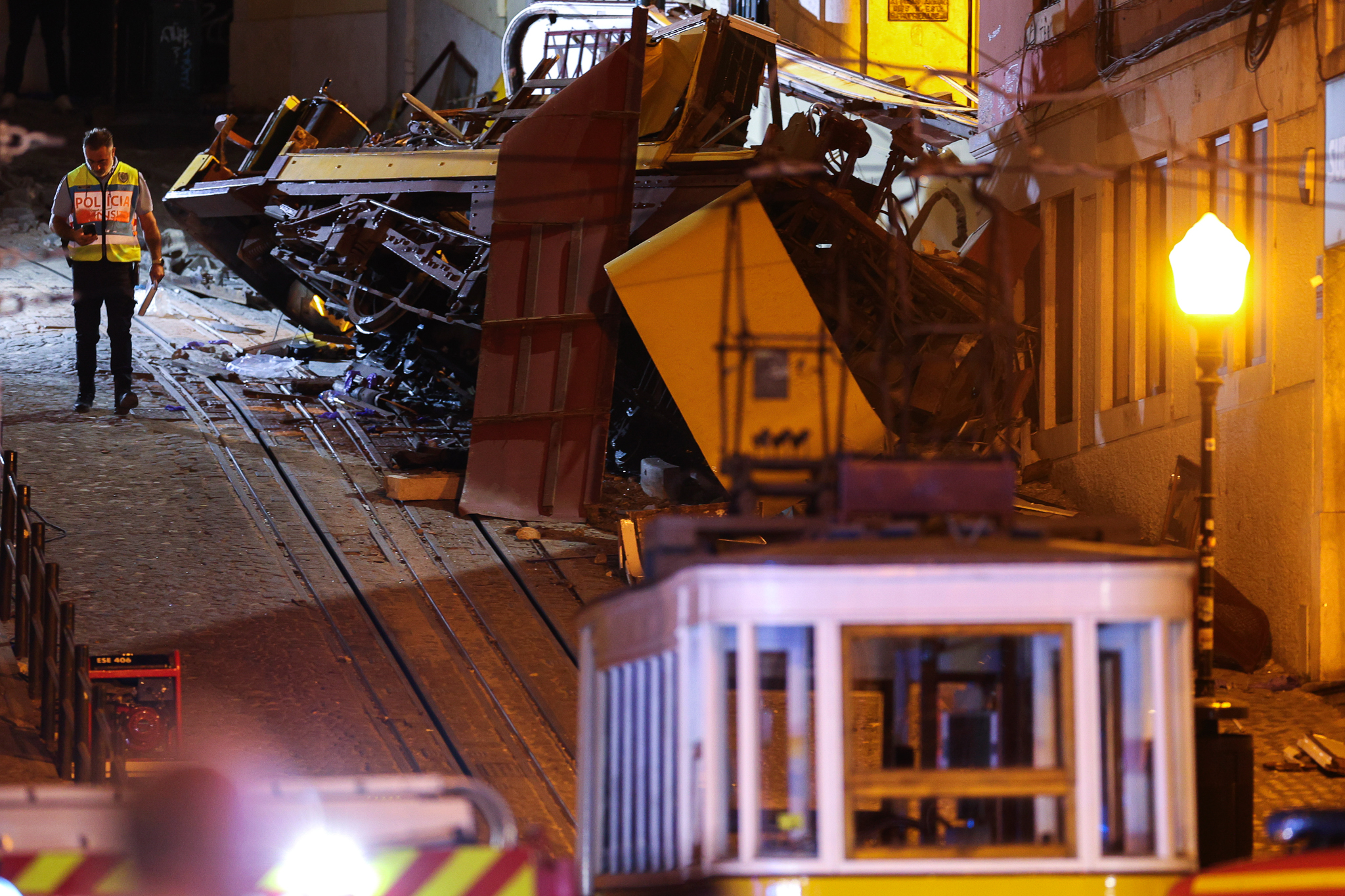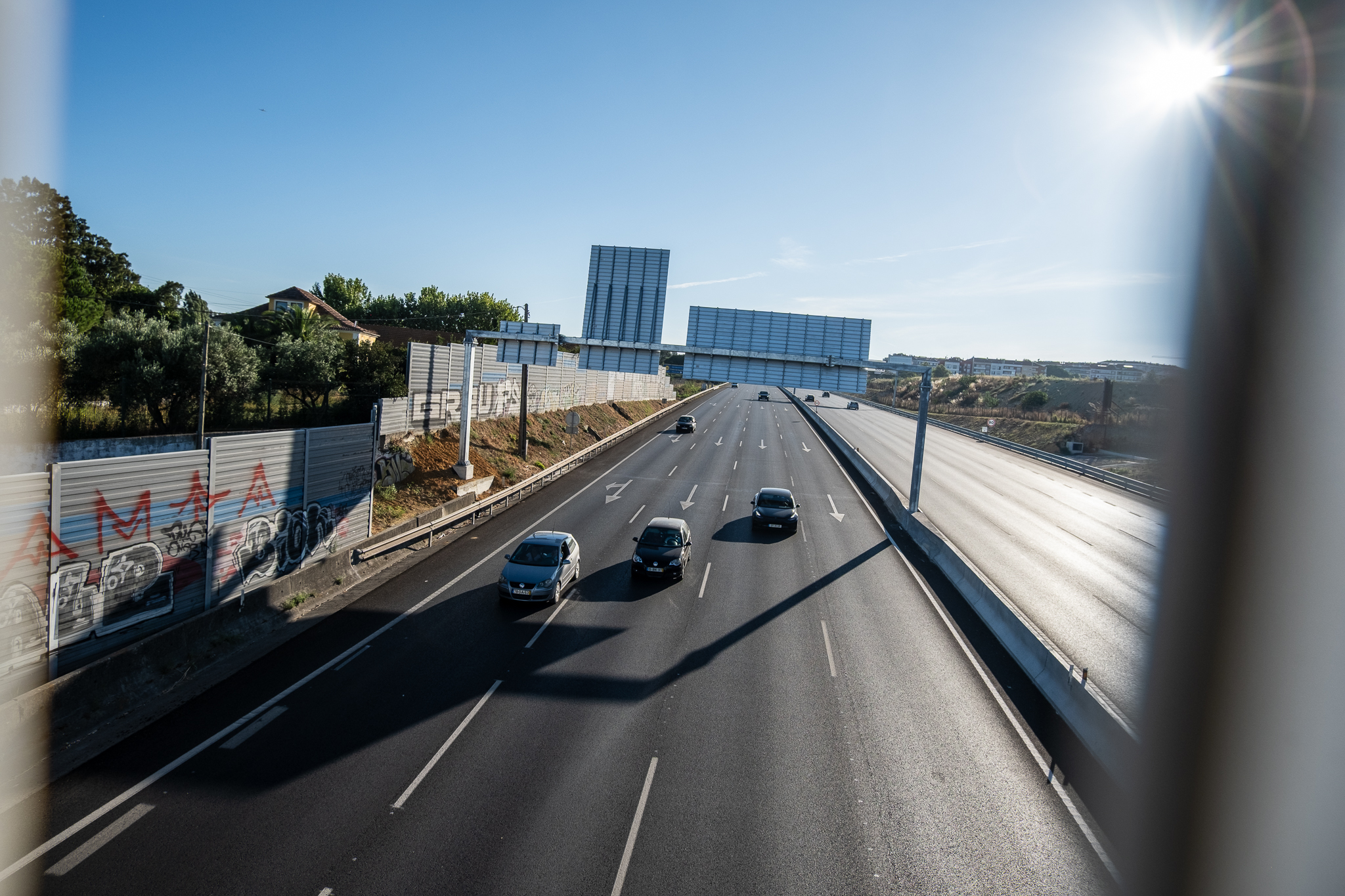Opinion.
It's tempting to defend the transfer of the Metro to the hands of Lisbon City Council. But we forget that there is a Transportes Metropolitanos de Lisboa (TML), which can give our network a truly metropolitan and multimodal dimension.

The vast majority of journeys in the Lisbon metropolitan area are intercity. In fact, thousands of people enter the municipality of Lisbon every day to access employment or education. It is in this context that when we think about mobility in Lisbon, we need to think beyond the borders of the capital's municipality. We need to think about the metropolis.
The CP and Fertagus suburban train lines have the capacity to bring large numbers of people to Lisbon. So does TTSL's river transportation. Carris Metropolitana goes where the heavier modes of transport don't and can complement these rail and river services. And the Lisbon Metro, despite having a central role in Lisbon's internal mobility, also radiates outwards, reaching the municipalities of Amadora and Odivelas, and by the end of 2026 will have its first line completely outside the administrative limits of Lisbon City Hall - a Violet LineThe route will be 17 kilometers long, mostly on the surface, between Loures and Odivelas.
It's tempting advocate - as Carlos Moedas has done - that the management of the Lisbon Metro be transferred to the City Council of the city that gives it its name. But the Metro shouldn't be run by Lisbon City Council. Nor should it be run by the central government.
Yes, its administration should be integrated into the Lisbon Metropolitan Transports (TML)which is the newly created metropolitan transport company, created in 2021 to manage not only Carris Metropolitana, but also all ticketing in the Lisbon metropolitan area (Navegante). TML should have responsibility for at least all inter-municipal transport links - which includes, in addition to Metro, TTSL, CP's suburban network and Fertagus. Only in this way would it be possible to have a truly metropolitan and multimodal transport network in the Lisbon metropolitan area.
(In a broader field, we could even think about integrating all the road transport companies - Carris, MobiCascais and TCB, from Barreiro -, all the parking companies, and all the public bike-sharing networks).
Going beyond temptation
Carlos Moedas' position on the Lisbon Metro was first made known in September, when the Mayor of the capital argued that this transport company should be under the authority of the municipality. In an interview with DNMoedas asked rhetorically: "Wouldn't it make sense, once and for all, if we want to talk about joint mobility, for the Metro to also be the responsibility of the City Council?" The mayor argued that, in this way, it would be possible for the municipality to resolve the problems and complaints that Metro passengers are making to the council itself. "People call me to say that the Metro stairs aren't working, so I have to call the Metro president, but I'm not the one in charge. As it happens, I have a very good relationship with the president of the Metro and he always answers the phone and we try to sort things out, but it would make sense for the Metro to be managed by Lisbon City Council."he said in the same interview.
This week, Moedas returned to the subject. Speaking about the delays in the Metro works, he argued that the issue would be managed more quickly if the municipality had this responsibility. "Once again, these delays show how important it is for the Lisbon Metro to be managed by Lisbon City Council and not by the government"he told reporters.
At the beginning of 2017At the time, the management of Carris passed from the government to the Lisbon municipality - a step that was important for the operator to gain a closer relationship with the city and the municipality's mobility policies (in today's eyes, what would it be like for Carris to be run by a distant Ministry). At the time, the City Council, then led by Fernando Medina, and António Costa's government also negotiated the municipalization of the Metro, but this did not materialize - the company remained under the tutelage of the Ministry of the Environment. "The Metro is a service that will be the responsibility of the Central Administration, not the Lisbon City Council, but where the City Council is obviously a very interested partner and very attentive to everything that goes on", said Fernando Medina, at the time, on the decision.
The close political and party ties between Medina and Costa are said to have prevented the former from delving deeper into the issue of transferring the Metro to the municipality of Lisbon.
In any case, and returning to the present, it must be acknowledged that the current mayor's position may fail to reach a conclusion - the Metro should belong to TML, not the city council - but has an important motivation: the protection of this means of transport should be more local. Moedas' stance on the possibility of this transfer not taking place, for example because it is difficult to align political priorities, also seems to be correct: he says that the City Council should at least have its own administrator at the carrier, as has happened in the past.
And what does Metro say about the idea of municipalizing the company? For the President of the company, Vítor Domingues dos Santos, in an interview with TSF, released at the weekend, "it's important, and I've always said this every time I talk about transport, that the TML is strengthened"since its creation was based on the idea of "later" conditions are created "to centralize the operation of all public transport operators in the Lisbon metropolitan area". For the person in charge, it is not important who is in charge of the Metro, as long as "there should be a concerted attitude from a transport authority in the Lisbon metropolitan area", which "do the group work" of the various operators and that, in this perspective, also "regulate the Metro". "That's what's important for everyone who uses public transport"he said.
A metropolitan look
In fact, in addition to having all the ticketing and Carris Metropolitana, the TML is also a Transport Authority in the Lisbon metropolitan areaThis means that it basically acts as a metropolitan regulatorwithin its skills. For their part, local councils can become municipal transport authorities; this is the case of Lisbon, Cascais and Barreiro, which have taken over the management of local bus and streetcar networks, or Oeiras, which intends to launch complementary transport services to Carris Metropolitana.
The TML is funded through the Área Metropolitana de Lisboa (AML), an inter-municipal entity in which the 18 municipalities of the metropolitan area sit. Some municipalities give more money than others to the AML and therefore to the TML, depending on various factors, such as the size and responsibility of the activity they wish to fund.
So, returning to the central theme of the article, the TML could be in charge of the Lisbon Metro, for a more local administration of the metro system that is currently present in Lisbon, Amadora and Odivelas, and is about to reach Loures. In this way, not only could the various municipalities have a more active voice in defining the future of the network, but also a role in financing its activity. (They could even decide to integrate the Metro Sul do Tejo into the operational exercise of the Lisbon Metro, keeping these three lines sub-concessioned to the private company that manages them today).
Thus, It's tempting to defend the transfer of the Metro to the hands of Lisbon City Council. But we forget that there is Transportes Metropolitanos de Lisboa, which can give our transport network a truly metropolitan and multimodal dimension.
In other European capitals and beyond, we find these logics of grouping the various transport companies under one umbrella authority. In London, for example, the Transport for London runs regional mobility in Greater London. In Berlin, BVG manages the metro, buses, streetcars and boats - in other words, everything except suburban trains - using a single brand that serves the German capital and some outlying areas. In Paris Île-de-France Mobilités is responsible for the mobility of the French capital's metropolitan area, coordinating the different transport companies.

